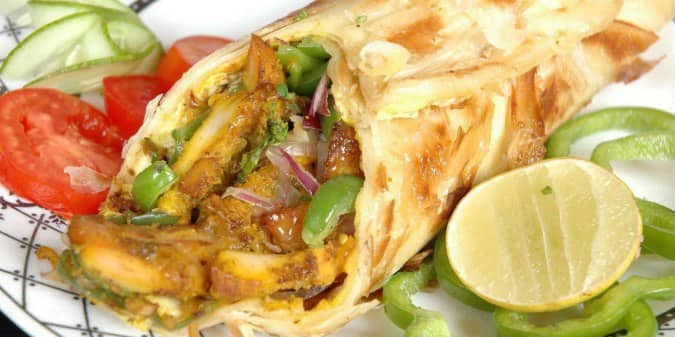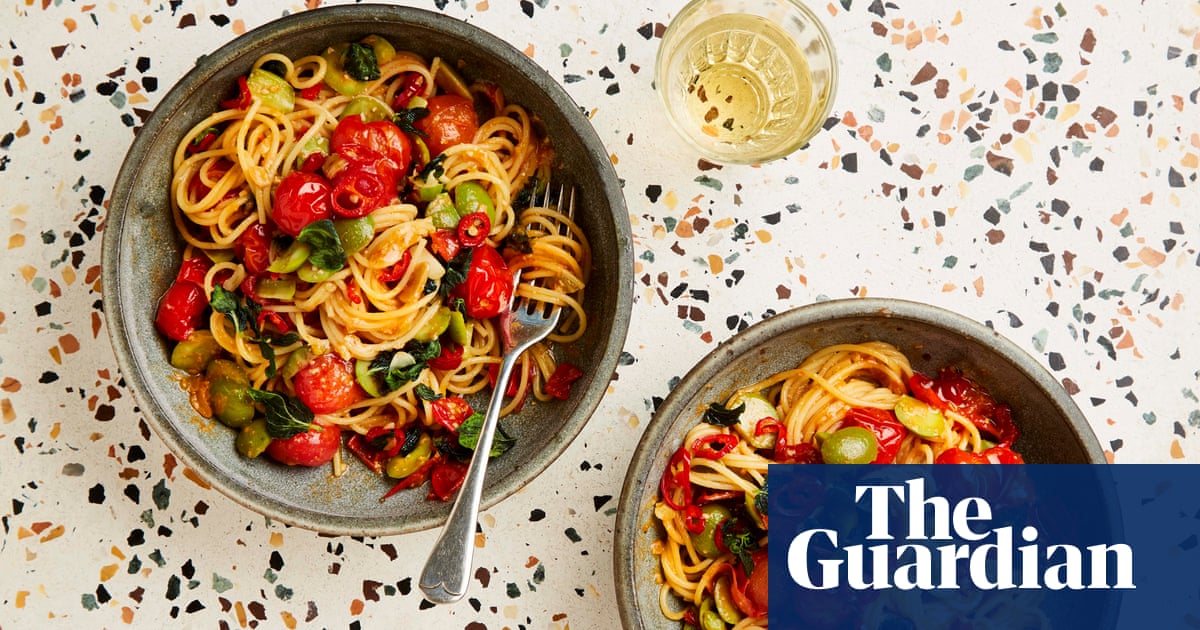"Naturalness does not always imply that a meal is healthy," says Christina Sadler, manager of the European Food Information Council and researcher at the University of Surrey.
Natural foods, on the other hand, can contain toxins, and less preparation can make them safer. Lectins, for example, are found in kidney beans and can cause vomiting and diarrhoea. The beans are soaked in water overnight and then cooked in boiling water to remove them.
The term "processed food" conjures up ideas of factory-produced, unhealthy meals and snacks. Is it possible, however, that our intervention will make some meals healthier for us?
Cow's milk is also safe to ingest after processing. Pasteurization has been used to destroy dangerous bacteria in milk since the late 1800s. Because there was no good refrigeration in residences at the time, it was distributed regionally.
The creation of heating systems for milk and the creation of pasteurisation, which was quickly adopted across Europe and later in the United States, was prompted by huge evidence that some organisms in milk may be dangerous.
"There's a myth that frozen product isn't as good as fresh produce," says Ronald Pegg, a University of Georgia food science and technology professor.
Certain processed foods, such as bread and cereal, can also be supplemented with vitamins and minerals such as vitamin D, calcium, and folate. Efforts like these have aided in the reduction of a number of nutritional deficiencies. Efforts like these have aided in the reduction of numerous nutrient deficiencies among the general populace.
However, this does not guarantee that the food is nutritionally balanced. Food can also be preserved and made more accessible through processing. Fermenting cheese, for example, keeps it stable for longer and reduces the quantity of lactose in some situations, making it more accessible to persons with moderate lactose intolerance.
The major reason food was processed in the past was to extend its shelf life. According to Gunter Kuhnle, a food and nutritional food sciences professor at the University of Reading, preserving food by adding chemicals like sugar or salt was critical for humanity to survive winter for a long time.











